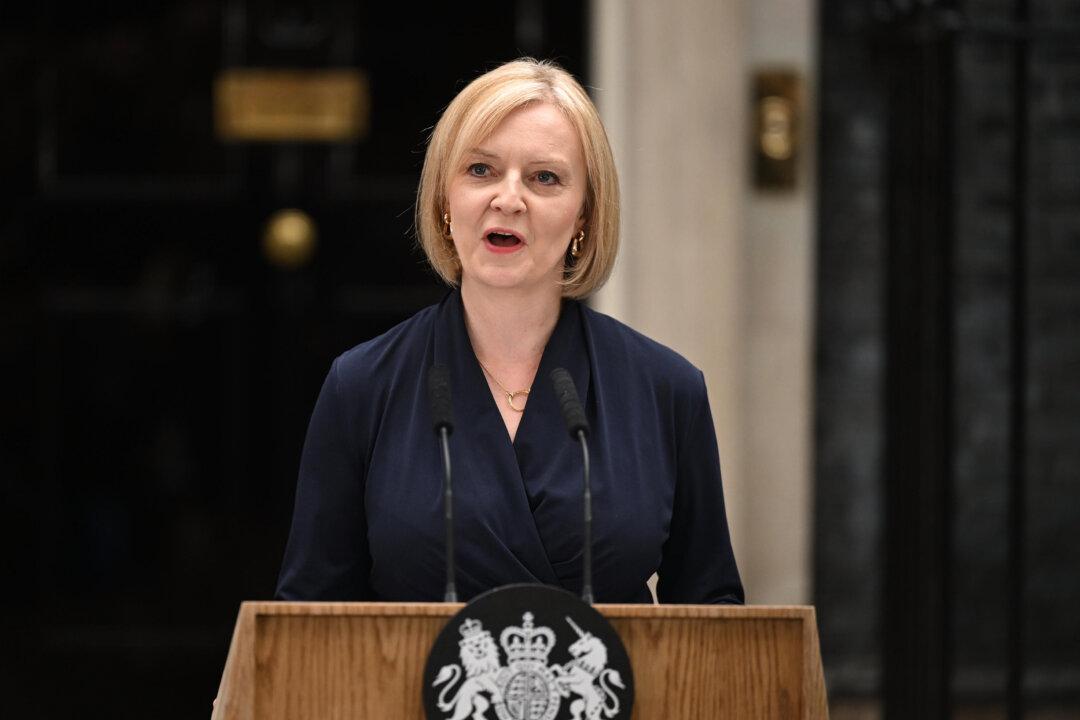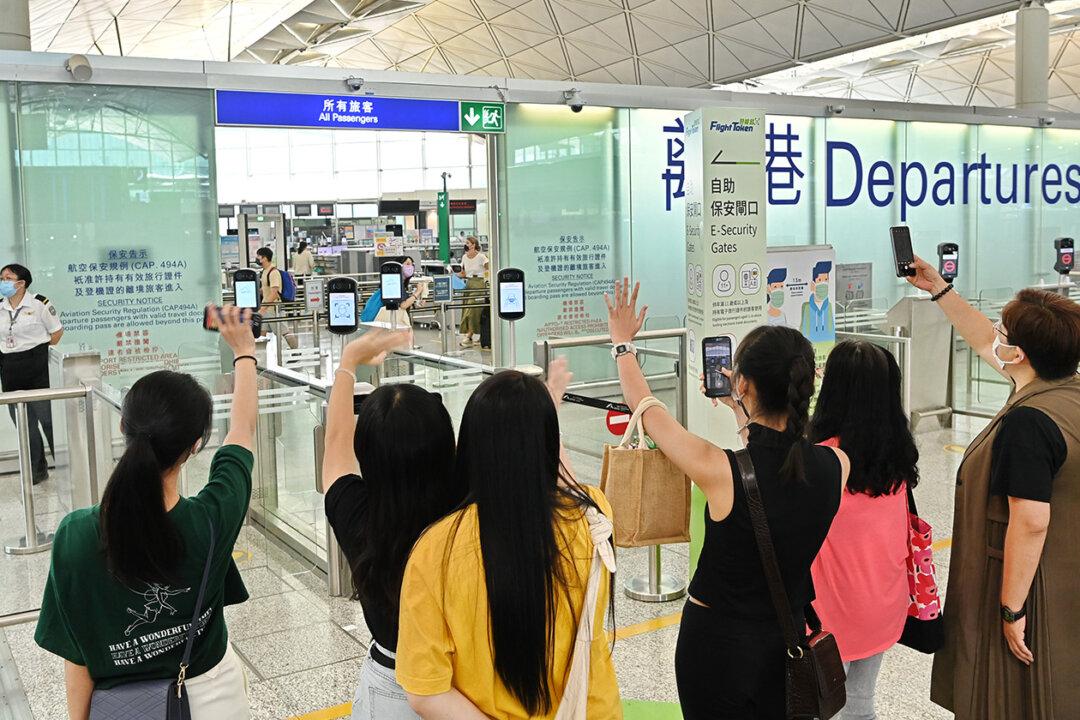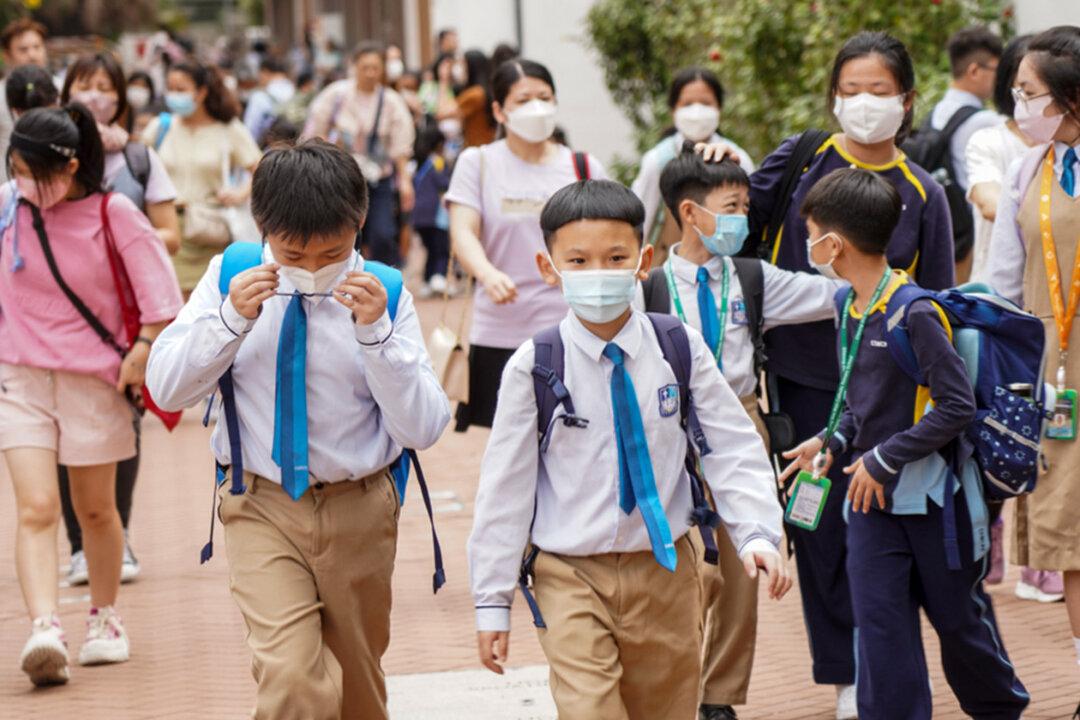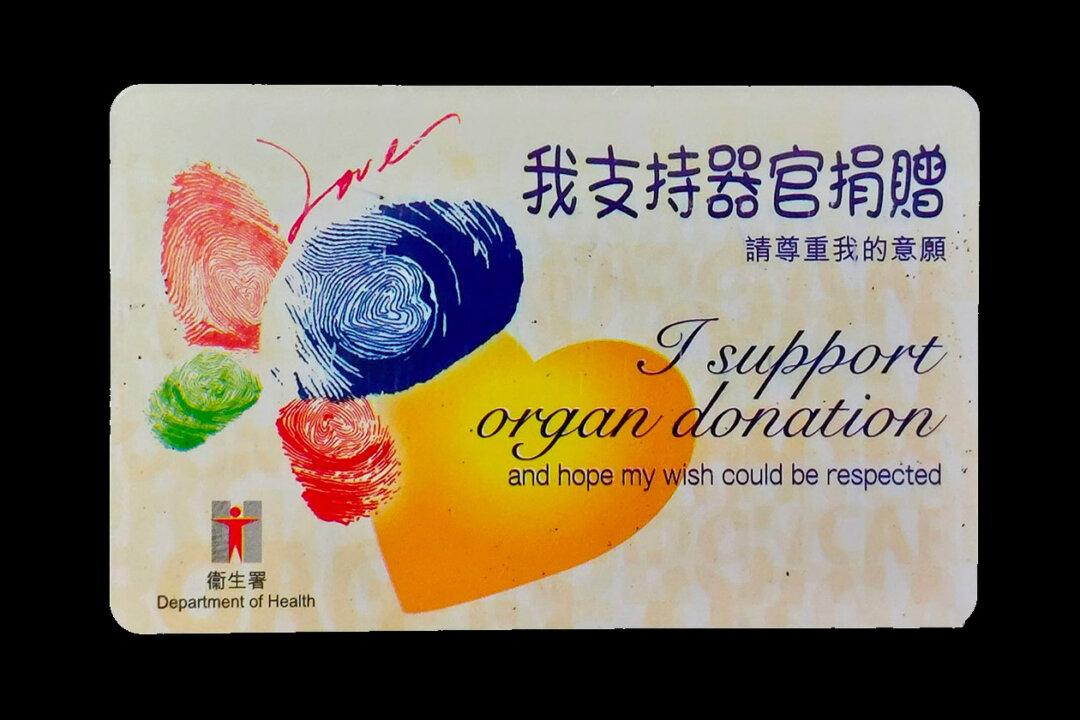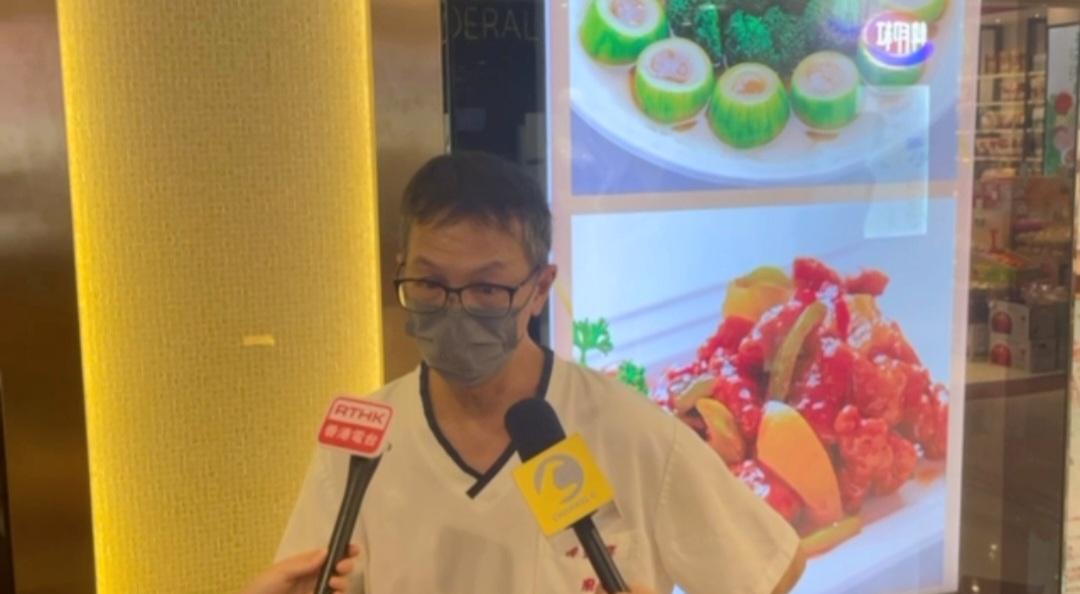On the eve of the 73rd anniversary National Day in Communist China, a total of nine British human rights organizations, including Hongkongers in Britain, Global Alliance for Tibet and Persecuted Minorities, and Stop Uyghur Genocide, wrote to the new British Prime Minister Liz Truss. The organizations urged the British government to pay heed to the threats targeted at Hongkongers, Tibetans, and Uyghurs. They also demanded the new prime minister respond to their five demands with actions, including sanctioning the Chinese Communist Party (CCP) officials.
Former Assistant Professor of Politics and International Relations at Hong Kong Baptist University, Wong Wai-kwok, asserted that the joint letter is an essential step to test whether the British government could shake off its past practice of unoffending the CCP.
The letter was a joint gesture from nine organizations, including Hongkongers in Britain, Hong Kong Aid, Power to Hongkongers, Free Tibet, Global Alliance for Tibet & Persecuted Minorities, Stop Uyghur Genocide, Tibetan Community in Britain, and World Uyghur Congress.
In the open letter, the organizations first mentioned that no Hongkongers, Tibetans, or Uighurs in the UK would celebrate the 73rd anniversary of the founding of the National Day of Communist China on Oct. 1.
CCP Persecutes Hongkongers, Tibetans, and Uighurs
Tibetans
The organizations described how the CCP persecuted Hongkongers, Tibetans, and Uyghurs. Meanwhile, the CCP forces Tibetans to live under intensive surveillance. The people of Tibet would get arrested, detained, and tortured whenever citizens criticized the regime or expressed their Tibetan identity.Uyghurs
Similarly to Tibetans, the organizations addressed the confining situation of the locals living in Uyghur and people living in totalitarian open-air prisons with advanced technology. The CCP has repressed Uyghurs for decades. Since 2017, the Beijing government has been committing genocide against Uyghurs with forced sterilization, involuntary abortion, online and offline surveillance, and forced labor.Hong Kong
As for Hong Kong, the groups illustrated how the rights and freedom of Hongkongers have eroded in the last few decades. Since 2014, the regime has been more flagrant in showing its suppression to silence Hongkongers.In 2019, millions of Hongkongers took to the streets to protest peacefully. Still, the CCP named the peaceful protesters “rioters” and attacked them with weapons and police brutality.
However, the group reflected a sad reality that International communities couldn’t take proactive actions to protect the democracy of Hong Kong or against the implementation of the draconian National Security Law.
Since its implementation, the Hong Kong and Beijing governments have been using the National Security Law to suppress opposition, freedom of the press, freedom of speech, judicial independence, and political rivals in Hong Kong in any way they can.
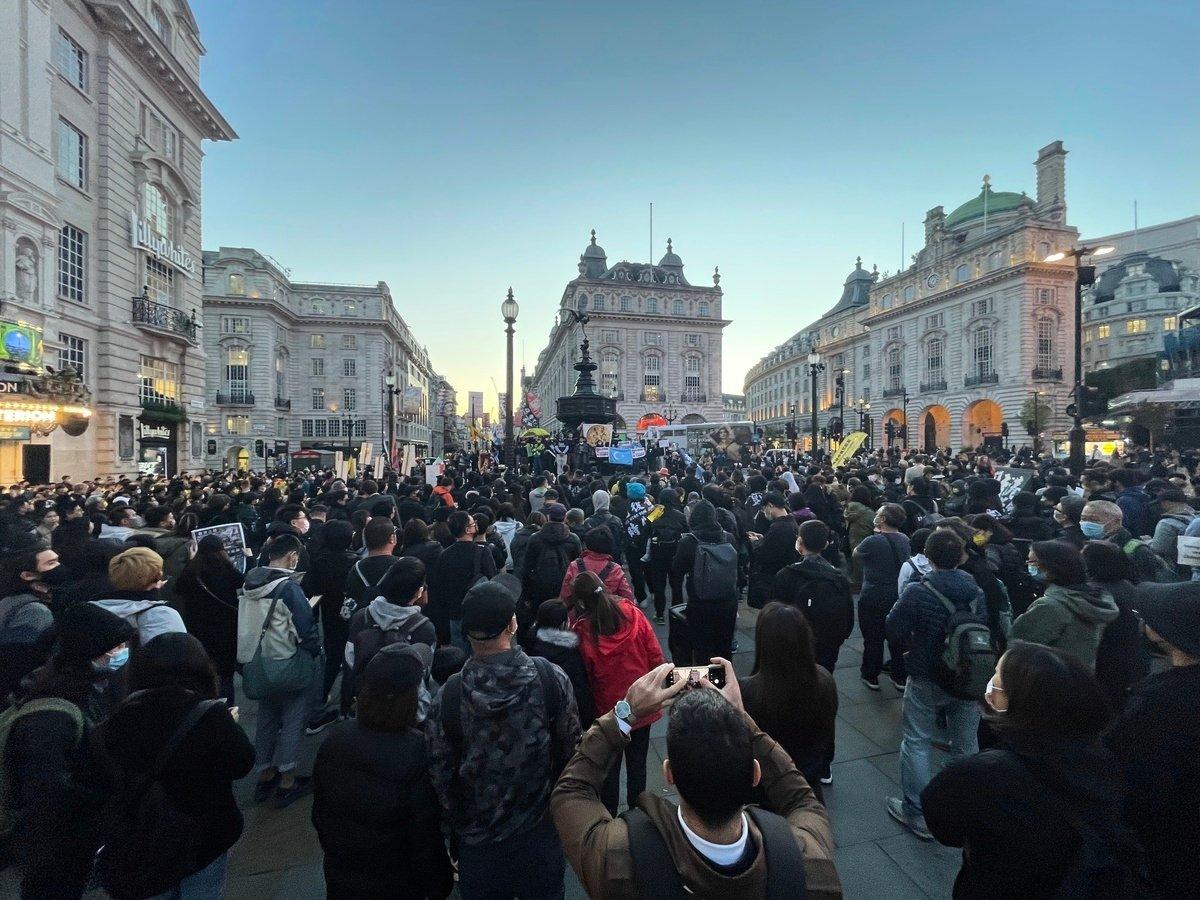
The Five Demands
The UK’s nine human rights groups drafted five demands in the letter to the new UK government.The groups pressed the British government to sanction any CCP officials who had oppressed Hong Kong, Tibetans, and Uighurs, including Chen Quanguo, former secretary of the Tibet and Xinjiang District Party Committees.
Secondly, they demanded prohibiting all companies that are operating in the UK, that assist the CCP in human rights abuse and surveillance in Tibet, Xinjiang, and Hong Kong, including Hikvision and Dahua.
The letter stated that the English legislation should establish UK legislation to resolve forced labor in Tibet and Xinjiang by the UK supply chains. It also wrote that the British government should urge the CCP to cease its policies that threaten religion, language, culture, and lifestyle in the country, which includes closing all mandatory boarding schools in Tibet.
UK’s View on the CCP
Professor Wong stated in an interview that the UK government is only paying lip service to the condemnation of the CCP’s actions. Still, there have not been any tangible measures or policies from the British against the CCP.Wong believed, therefore, the nine organizations’ demands were a test of whether the British government would step up against China and waive the principle of unoffending the CCP in the past.
Wong also mentioned, “Frankly, I have reservations about whether the British government would respond to the five demands. There are still UK government officials such as the former Chancellor of the Exchequer Rishi Sunak, who was interested in keeping the trade expansion with China.”
Wong added that Sunak wanted to find ways to attract mainland Chinese investors to develop in the UK, such as nuclear power plants. So the scholar questioned, “Does the UK government have a set of policies which would decouple from the CCP? Or will they carry on with the ambiguous response?”
Wong suspected the expansion of the BNO visa lifeboat scheme to Hongkongers might be the UK’s response to the CCP violating and destroying “one country, two systems,” and autonomy in Hong Kong; Nonetheless, no matter which party, conservative, labor, or democratic, Wong asserted the UK Parliament lacks politicians with a clear paradigm on anti-CCP strategies.
